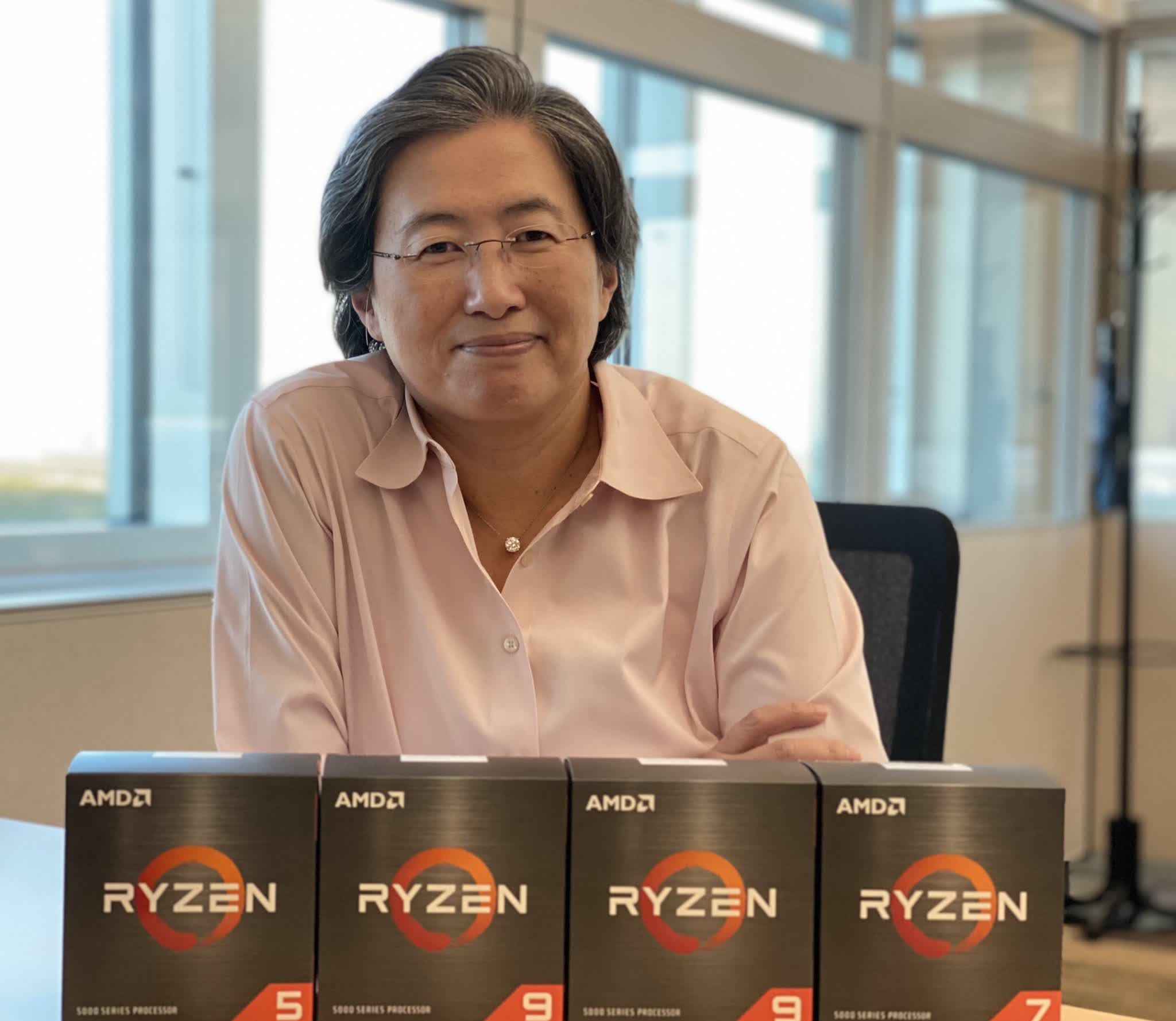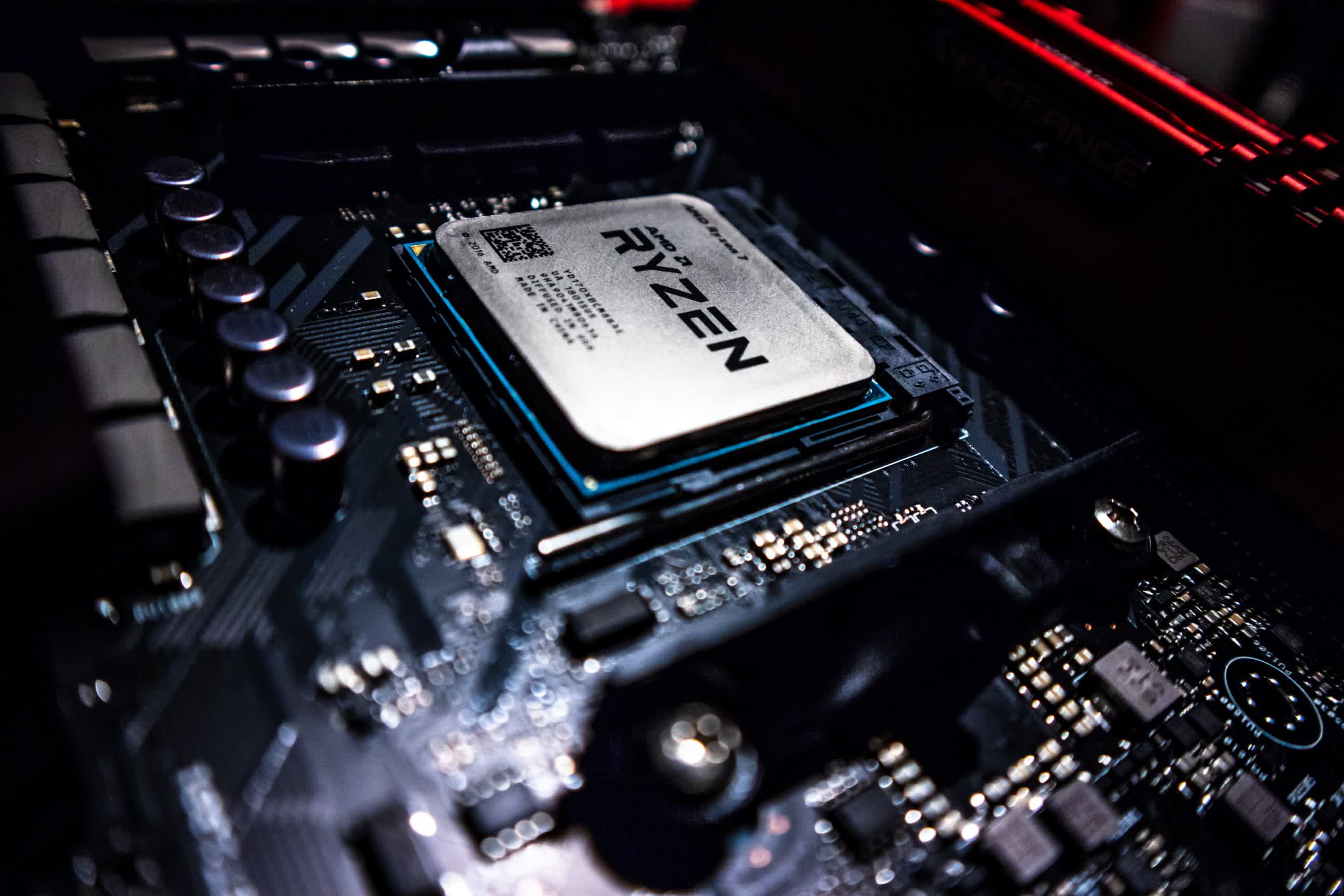In brief: Power consumption worries aside, Intel’s 12th generation Core processors have been slowing down AMD’s conquest in the DIY and enthusiast gamer markets. Zen 4 is widely expected to pull this tug of war back toward Team Red, but in the meantime, the company may release new Zen 3 SKUs to balance things out until Zen 4’s arrival.

After the successful release of Intel’s Alder Lake CPUs, AMD appears to be fighting back against team blue’s offerings not with Zen 4, but with discounted Zen 3 processors on the desktop and Zen 3+ processors for laptops. As noted by our own Tim Schiesser, the latter wave is a decent mid-generation upgrade — especially in terms of performance-per-watt — but it isn’t able to compete with Alder Lake in higher power classes.
According to a recent report, Team Red may also be preparing to release new Ryzen 7 5700X, Ryzen 5 5600, and Ryzen 5 5500 CPUs as a stopgap solution until Zen 4 is ready to ship. The rumor comes from several known leakers, so there’s a relatively high chance there are real SKUs that will soon land on the market, possibly alongside the much-awaited Ryzen 5800X3D.

The Ryzen 7 5700X will supposedly be a 65-watt part with 8 cores/16 thread, so it’s most likely designed to compete with Intel’s Core i5-12600K and Core i5-12600 processors. As explained in our review of the 12600K, Intel nailed the recipe for a mainstream CPU, and in some cases, it can at times approach Ryzen 7 5800X levels of performance. If AMD can slightly undercut the pricing of the Core i5-12600, it might have a chance at tempting some people away from the Intel offering.
Arguably the more interesting of the upcoming CPUs is the Ryzen 5 5600, which is set to compete with Intel’s value champ, the Core i5-12400. The Ryzen 5 5600 will reportedly sport 6 cores/12 threads, so it’s probably going to end up in a similar performance ballpark as the existing Ryzen 5 5600X.
Of course, these CPUs will be the last to work on AMD’s AM4 platform, but the Lisa Su-powered company has a real chance of making them a worthwhile upgrade path for people who are using older Ryzen processors and aren’t quite ready to do a major overhaul of their gaming rigs.
https://www.techspot.com/news/93668-amd-readying-ryzen-5-5500-5600-ryzen-7.html